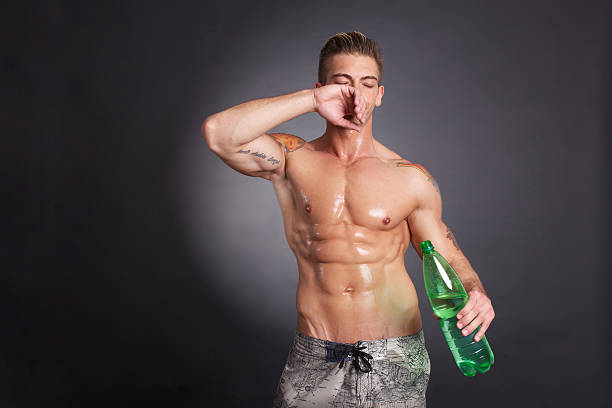
Introduction to Alcohol and Muscle Growth
Alcohol has always been a controversial topic regarding fitness and health. Some believe having a few drinks won’t hurt your gains, while others believe alcohol kills muscle growth.
The Importance of Understanding the Effects of Alcohol on Fitness
Understanding how alcohol impacts your body is crucial for anyone who takes their fitness goals seriously. Depending on how much you drink alcohol, it can cause short-term effects such as decreased performance in the gym. It can also have long-term effects like reducing protein synthesis, which repaid muscles after workouts and leads to stunted progress over time.
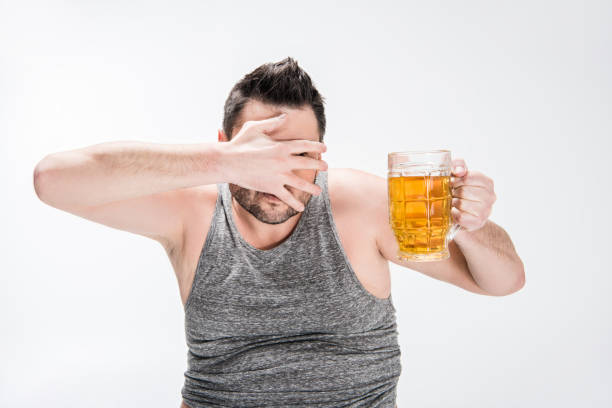
How Does Alcohol Affect Your Muscles?
Now that we’ve understood how excessive drinking affects muscles let’s dive into how alcohol impacts them.
The Science Behind Alcohol’s Impact on Muscle Growth
The primary way that low-to-moderate drinking impairs muscled one-growing early cells (called myoblasts) – this results in less protein synthesis in muscles, which stifles gains from working out.
Excessive consumption causes dehydration, making workouts feel harder than they should, leading to reduced endurance during training sessions due to depleted energy levels from lacking fluids.
Short-Term And Long-Term Effects Of Alcohol Consumption
Short-term Effects Symptoms
– sluggishness
-reduced focus
-poor workout performance
Long-term Results:
-dehydration
-lowered protein synthesis in muscles
-diminished overall growth
Alcohol and Fat Burning
Apart from muscle growth, alcohol consumption also affects the body’s fat-burning process.
The Relationship Between Alcohol and Fat Metabolism
Alcohol is a macronutrient, meaning it has to be metabolized by your liver like carbohydrates. What makes alcohol different is that it slows down your body’s ability to burn fat. Your body prioritizes the metabolism of alcohol before anything else you consume, storing more calories as fat than burning them, reducing your potential weight loss goals.
How Alcohol Hinders the Fat-Burning Process
Fat molecules are converted into usable energy through a process called oxidation. However, when we drink alcoholic beverages, our bodies prioritize breaking down those beverages first. Meaning fat metabolism is slowed down considerably when compared with standard metabolism rates.
Alcohol and Fitness: The Good, the Bad, and the Ugly
Let’s dissect some of the pros & cons of alcohol consumption for fitness enthusiasts:
Pros of Moderate Drinking:
– social benefits; attending events or sharing time drinking with friends.
– moderate drinking has health benefits (lower stress hormone levels).
Cons Of Heavy Drinking:
-decreased performance, mainly from dehydration
-impaired liver function if abused alcohol consumed often over long periods
-reduces endurance and protein synthesis in muscle-building efforts.
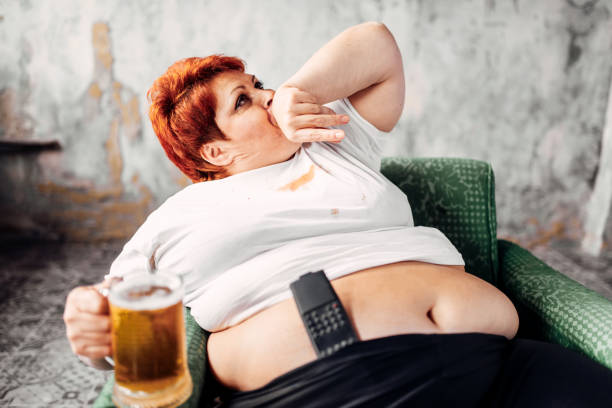
When Alcohol Becomes Detrimental To Your Fitness Goals?
Heavy and frequent use will ultimately lead to fewer gains while severely counteracting progress for an individual’s fitness journey. As stated above, regular heavy drinking can dehydrate one’s bodily fluids, making training harder than it should, leading to lessened performance. Furthermore, excessive use weakens one’ immune system increasing their susceptibility to infections and preventing quality time with friends due to attention being drawn away from core activities.
In summary, drinking moderately does not affect muscle growth or similar bodily functions for most people. However, consistently heavy use over an extended period hampers muscle-building and fat-burning processes leading to decreased performance overall.
Alcohol and Muscle Growth: Does Alcohol Kill Muscle Gains?
We all love having a good time with friends, which often involves alcohol consumption. Many people believe drinking will not interfere with their fitness goals, but is this the case? You might be wondering: does alcohol kill muscle gains? Well, let’s take a closer look.
The direct effect of alcohol on muscle protein synthesis.
Muscle protein synthesis (MPS) is the process that helps to build and maintain muscle mass repair damaged muscle tissues. Consuming alcohol after a workout can significantly impair MPS, thus affecting muscle growth. One scientific study showed that drinking alcohol after resistance exercise reduces MPS by up to 37 percent.
How alcohol impairs muscle recovery and Growth
In addition to reducing MPS, studies have shown that consuming alcohol negatively affects other aspects of muscle recovery. For example, it reduces the production of IGF-1 (insulin-like growth factor 1), essential in stimulating growth in bone and tissue cells. Additionally, excessive alcohol consumption causes inflammation when consumed frequently over time by interfering with cytokine production – essential proteins for repairing damaged body tissues.
The Weight Gain Connection: Alcohol and Calories
Most alcoholic drinks, such as beer, wine, and cocktails, are laden with calories and carbohydrates- contributing significantly to weight gain. When consuming more calories than what your body needs or expends daily causes an energy surplus which is converted into fat, hence leading to obesity. As per research from the Harvard School of Public Health, drinkers who consume 500 calories daily from alcoholic beverage, equivalent to three beers, would pack around eight pounds per month without considering food intake.
Understanding the caloric content of alcoholic beverages
It’s important to note that not all types of alcoholic drinks contain equal calories; therefore, it’s important to make wise choices when choosing your poison if you’re watching your calorie intake while enjoying some adult beverages.
For instance, taking a shot glass (44mls) of vodka could add up to 64 calories to your total caloric intake, according to USDA Nutritional data, likewise takes an average unit of alcohol contributes more than its equivalence calorie wise such as a pint of bitter than approximately 180-200 calories.
How alcohol contributes to weight gain and obesity
Daily consumption of two glasses of beer by either gender would have added around two-thirds store alcohol calories per pound each week or three pounds per month. Sugar-laden cocktails with creams will only increase your calorie content, plus affecting your metabolism even further. Furthermore, excessive drinking interferes with hormones that affect appetite regulation, such as leptin resulting in overeating and ultimately poor weight regulation-careening towards diseases related to overweight/obesity.
Ways Drinking Impacts Your Workout
We can agree on one thing: no matter how well we plan our meals or incorporate good habits into our workout routine, excessive drinking hinders physical performance as it affects neurotransmission, thus reducing force production during exercise, a definite hindrance to your progress.
The Influence of Alcohol on workout performance and Intensity
Drinking before or after workout sessions could negatively impact muscle functions. When you’ve consumed alcohol before working out, your body’s glycogen output is reduced, leading to diminished endurance levels for weightlifting repetitions or cardio routines/exercises.
Moreover, when balancing coordination and judgment becomes compromised through ingestion, it challenges movements propriety leading to severe injury possibilities, especially if lifting massive weights-leading us back to square one regarding muscle gains – not helpful at all!
Alcohol and dehydration during exercise
When indulging in adult beverages deems it necessary regularly, be aware they lead to dehydration which we all know negatively affects athletic performance. Studies consistently show the effects are more significant for those who participate in endurance events like running or cycling activities compared with strength training; this is because these activities put more strain on water-soluble vitamins causing higher impacts.
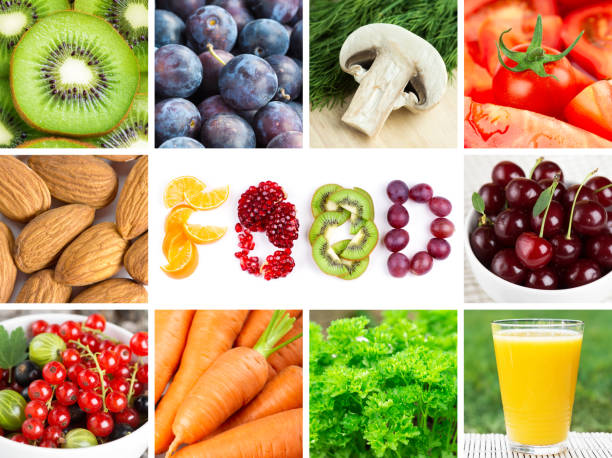
Alcohol’s Effect on Healthy Eating
When we consume alcohol, it impairs our judgment leading us to make poor food choices. We often reach out for high-fat foods such as pizzas or fatty snacks that are calorie-dense but provide very few nutrients essential for muscle growth. Alcohol is also known to stimulate the appetite, causing us to overeat during a meal.
To avoid unhealthy habits while drinking, self-control and moderation are key factors. Identify your triggers and set realistic goals to limit your alcohol intake at social situations or parties. Opt for healthier options like salads or protein-rich foods if eating out while consuming some level of alcohol.
Hormonal Havoc: Alcohol’s Impact on Hormones
It’s important to note that the body relies on hormones to regulate processes like metabolism and fat storage, among other things significant part of any exercise routine wishes to ‘regulate’ these functions in order to achieve their desired outcomes like building muscle mass, enhancing performance, etc. Hormones like testosterone play a significant role in muscle development amongst male fitness enthusiasts, while estrogen plays a role in women’s bodies responsible for regulating menstrual cycles.
However, alcohol consumption may inhibit testosterone secretion while encouraging estrogen production instead suppressing those hormones responsible for promoting muscle growth. These hormonal imbalances negatively impact muscle gains defeating the purpose of training dedications required when working toward your fitness objectives.
Nutritional Neglect: Alcohol’s Effect on Nutrition
The intake of essential nutrients is vital for muscle development and growth. Proteins are primary building blocks for repairing muscle microdamage after a workout to promote growth when combined with resistance-based exercises. Additionally, carbohydrates within the context of avoiding fat that comes with excessive calories coupled with protein account for energy requirements for muscle development.
Alcohol acts as an appetite suppressant, leaving a deficit in essential nutrient intake stored food calories instead becoming central fat deposits leading to detrimental effects on muscle gains and overall physique-building strategies.
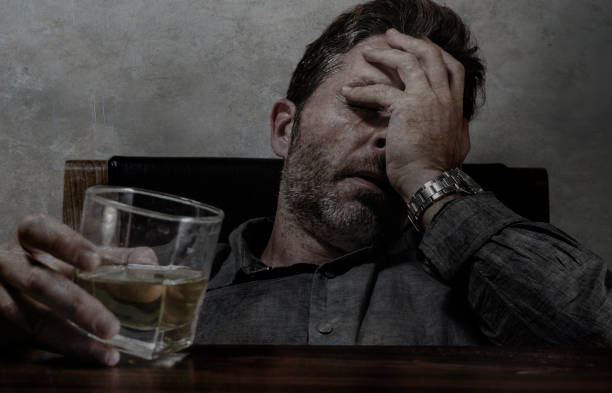
Sleepless Nights: Alcohol’s Effect on Sleep
Restorative sleep is a necessary part of recovery that’s crucial for muscle growth tissue repair. During periods of rest, the body repairs broken-down muscle tissue while releasing hormones responsible for stimulating growth and regulating metabolism – a critical process when focusing on specific fitness goals.
However, moderate alcohol consumption reduces REM (rapid eye movement) sleep stages which are significant components of slow-wave sleep, giving time-sensitive benefits in truly recuperative nighttime stimulation. Without it, the quality night brings about fatigue, hampering productivity in training session sets needed to achieve one’s targets.
Is Alcohol Worth Sacrificing Your Fitness Goals?
Achieving our desired fitness levels requires meeting various milestones through proper training programs and consistent routine adherence making alcohol consumption counterproductive as it hinders an individual’s dedicated course. As each time-consuming goal becomes more pressing realistically, choosing to prioritize fitness goals over-indulgent alternatives like social and binge drinking, becomes logical.
How can I drink without killing my gains?
Drinking can be tricky when you’re trying to maintain your gains. However, a secret formula can help you still hit your goals without sacrificing your social life. First off, it’s important to avoid alcoholic drinks as they are loaded with sugar. Instead, stick to water as your go-to drink option. Make sure to hydrate yourself before, during, and after drinking to minimize the negative effects of alcohol.
Reducing your carb consumption can also help you combat the calories in alcohol. Pregame training by hitting the gym before going out and getting back in motion as soon as possible after a night of drinking will also help keep you on track. Following these steps allows you to enjoy a night out with friends without killing your gains.
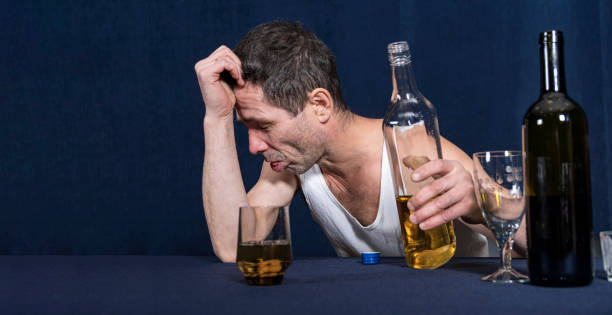
How much does alcohol ruin muscle growth?
According to studies, drinking during training can reduce protein synthesis in muscle by a whopping 24%. This means that even if you’re working out hard and eating well, both alcohol and muscle recovery can still sabotage your progress. Interestingly, the same studies found that consuming five beers leads to a 2% decrease in protein synthesis, while just two beers have the same effect. So if you’re striving for muscle gains, skip that big night out and stick to moderation.
Will one alcoholic drink ruin my gains?
1 – 2 drinks daily are deemed to be moderation. As a bodybuilder, aiming for a maximum body weight of one drink a day could help you achieve your objectives. 7-8 drinks can also negatively impact your muscle development.
How many drinks will ruin gains?
The simplest way to reduce your weight gain alcohol, is to take up to 1 or 2 ounces of alcohol every few weeks. The effects have been severe during an initial assessment of the ratio between 1.6 and 1.2 grams. Referring to this study, 1.5g/kg alcohol is enough to have 8 beverages on people who weigh 160 lb.
Conclusion
In conclusion, every individual looking forward to meeting their fitness objectives must clearly understand just how too much alcohol consumption negatively impacts incorporating alcohol into their diets may hinder or affect progress towards their goals. Balancing occasional drinks, maintaining one’s regimen by remaining steadfast in delivering sufficient nutrition intakes, and resting at appropriate times, among other factors, remains vital at every stage when trying to meet personal physical exercise achievements without forfeiting enjoyment altogether!


Leave a Reply